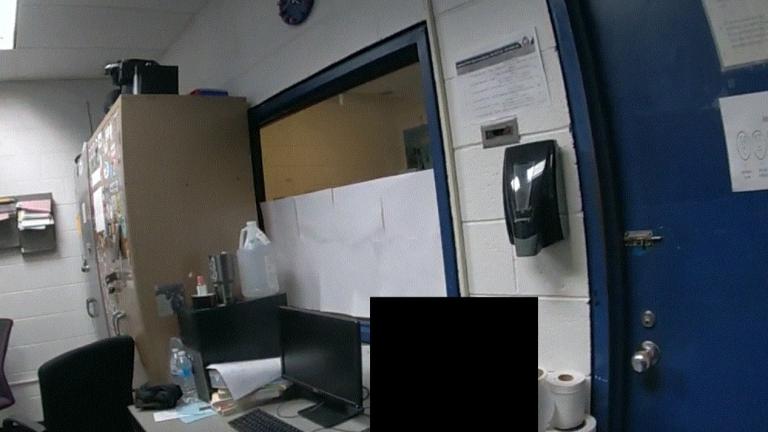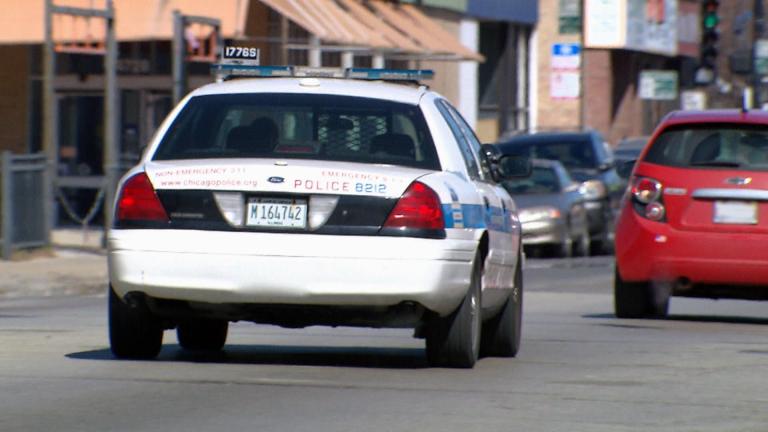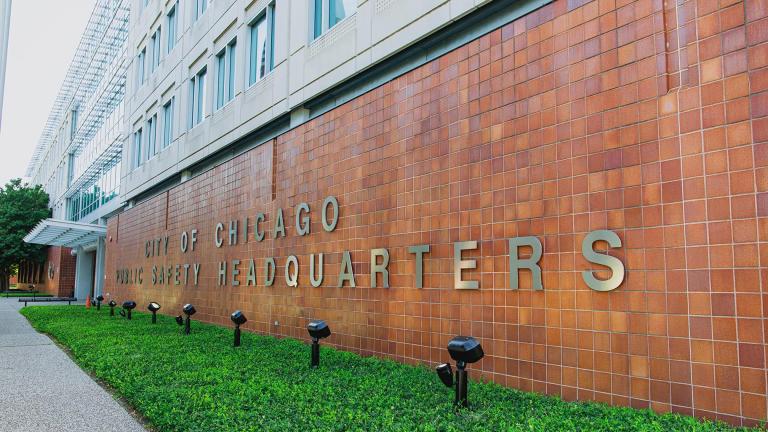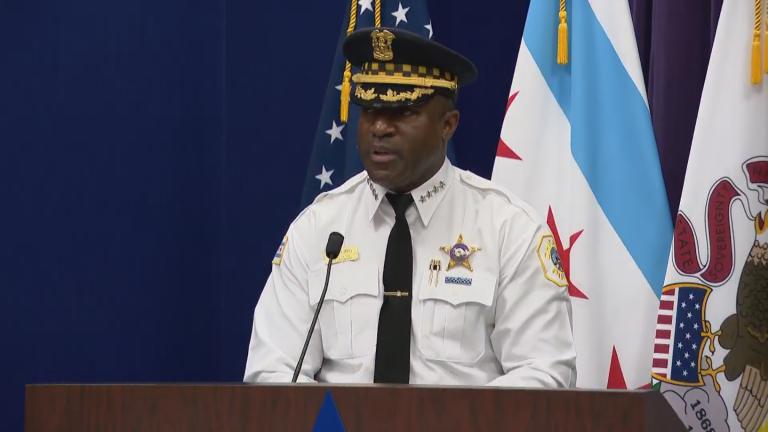After weeks of speculation, Mayor Brandon Johnson finally named Larry Snelling as his choice to be Chicago’s next top cop.
Pending City Council approval, Snelling faces leading the Chicago Police Department at a time when residents are demanding answers to the city’s perennial problem of violent crime.
Snelling will also have to lead the department through the transformational change demanded by a court-ordered consent decree at a time of slumping police morale.
Snelling was one of three finalists for the position selected by the Chicago Commission for Public Safety and Accountability.
Below is a Q&A with Remel Terry, a community leader and advocate from the West Side and one of the commissioners who serves on the commission.
WTTW News: Larry Snelling was one of the three finalists that the commission forwarded to the mayor for his selection. What do you think set Snelling apart?
Remel Terry: The mayor stated how all of the candidates were exceptional, which I would agree with, but Chief Snelling just has a unique background and connection that is so relevant to today. He’s from Chicago. He’s experienced many other things. He’s come through the ranks. He has relationships with officers. He has relationships with community and just the uniqueness of his experience is what really sets him apart.
What were your impressions when the commission interviewed him?
Terry: I thought that he was very direct. I thought that he was very honest and transparent. I could appreciate how he has supported officers
when necessary but also having no issue whatsoever with holding officers accountable. And I think that piece was very important because that is always a concern when someone is coming internally (through the ranks) and this idea that there will be an us versus them attitude. But Chief Snelling has a really good grasp and a proven track record of being a bridge builder, someone who is able to work well and do what is necessary for police and community.
You started to touch on it, but what are your expectations as to what kind of leader he will be?
Terry: I expect him to be the type of leader that will show respect to everyone, whether it is community, whether it is officers, I see him being someone who will be present and accessible so that people know that they can be heard by someone in his position. And of course, there’s a lot of work ahead, but from what he has displayed in his interviews and the things that he has committed to, I foresee him building a very solid, strong team that will help him to move the department forward. He understands that he cannot carry this alone. And I see him doing all the necessary things to engage every single stakeholder to really do the best job possible for all Chicagoans.
He will face immediate pressure to try and tackle the persistent violence that we’ve seen in the city. When he spoke to the commission, did he shed light on what his strategy would be to try and tackle the violence?
Terry: It’s been a while since we interviewed him, but some things that I can recall that were very pointed is being able to work with community on their needs. Being able to bring in other city services into the fold to address other gaps that may be creating the pervasive issues that we see in certain neighborhoods. So he has a great understanding of the need to build relationships and that he should not be operating as the head of a department in a silo, but understanding that there are other resources that he can leverage within the city as well as within community via partnerships and collaborations to help address some of the issues that we see.
He’s also obviously going to be under pressure to accelerate the process of reforming the department and speeding compliance with the consent decree. Do you have any sense as to how he will approach that? Is it your sense that he’s fully on board with the reasons for why the consent decree is needed and why change is needed?
Terry: I can’t speak to how he will directly tackle (the consent decree) or know if it will be accelerated, but what I do know is that he has been able to articulate that the consent decree is the floor. Essentially, it is a guide. There is so much more that needs to be done. And that is part of his plan to see where they are, assess where they are and what they need in order to move forward. And I also can value that a lot of it is being able to effectively articulate to all those who are invested in the success of the consent decree or who are impacted by the consent decree to understand what the actual barriers and challenges are and what is needed. And so that is what we have not seen in recent years.
In his press conference on Monday, Snelling emphasized the need for more support for police officers and also for them to be better trained. But given the problems within the police department can they be fixed with just better training? Do you think he’s fully on board with the idea that the ways of the past can’t be the ways of the future in terms of the Chicago Police Department?
Terry: I definitely think that he’s on board with doing whatever is necessary to have the best police force for Chicago residents. And I think he also understands in order to have the best workforce, it has to be a healthy workforce. Training is just one piece of that. And I also believe that he is an example of how you can shift the culture, right? He came up at a very different time, but as you can see from where he is today, the work that he has done is reflective of how culture can change with the right leadership, with the right infrastructure in place. So it won’t be something that will happen overnight, but I believe he’s committed to doing what is necessary to benefit everyone.







